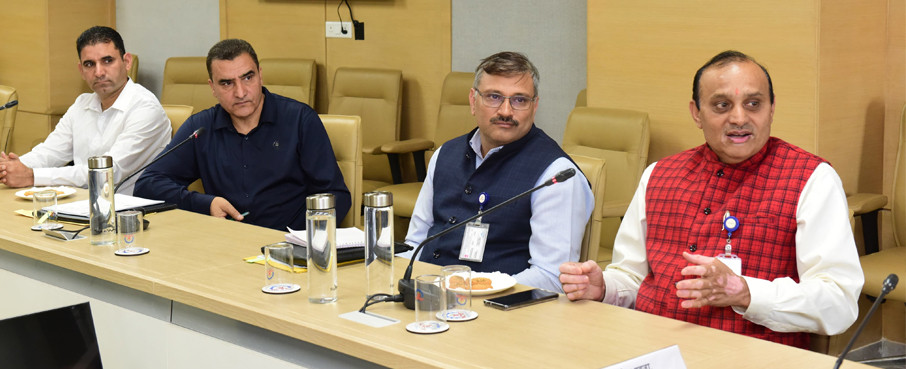Context:
Recently, the National Council for Vocational Education and Training (NCVET), has officially recognised the Indian National Space Promotion and Authorization Center (IN-SPACe) as an Awarding Body.
More on the News

- The agreement, aimed at strengthening the vocational education and training landscape in the space sector.
- The recognition enables the IN-SPACe to deliver cutting-edge training in areas such as Satellite Manufacturing, Space Technology in Agriculture, Mission Design for Launch Vehicles, Orbital Mechanics, and Advances in Space Propulsion Systems.
- The Awarding Bodies recognised by NCVET are expected to develop the qualifications as per the industry demand and map them with the identified occupations as per the National Classification of Occupation, 2015, of the Ministry of Labour and Employment.
The National Council for Vocational Education and Training (NCVET)
It was established in 2018 by subsuming the functions and responsibilities of the erstwhile National Skill Development Agency (NSDA) and National Council for Vocational Training (NCVT) by the Ministry of Skill Development and Entrepreneurship (MSDE), Government of India.
The NCVET became fully operational on 1st August 2020.
The major functions of the Council, include the following:
- To recognize, monitor, discipline and de-recognize Awarding Bodies, Assessment Agencies, Skill Information Providers
- To Frame guidelines for the approval of qualifications, and approve qualifications in the manner set out in such guidelines
- To Create and monitor a system of redressing grievances against recognized bodies.
Indian National Space Promotion and Authorisation Centre (IN-SPACe)
- It is a single-window, independent, nodal agency established in 2020 to function as an autonomous agency in the Department of Space (DOS).
- It is formed as a result of the Space sector reforms to enable and facilitate the participation of private players.
- INSPACe facilitates the use of ISRO’s infrastructure by private players and supports their engagement in space missions. This includes providing access to ground facilities and technological support for satellite development and launches.

